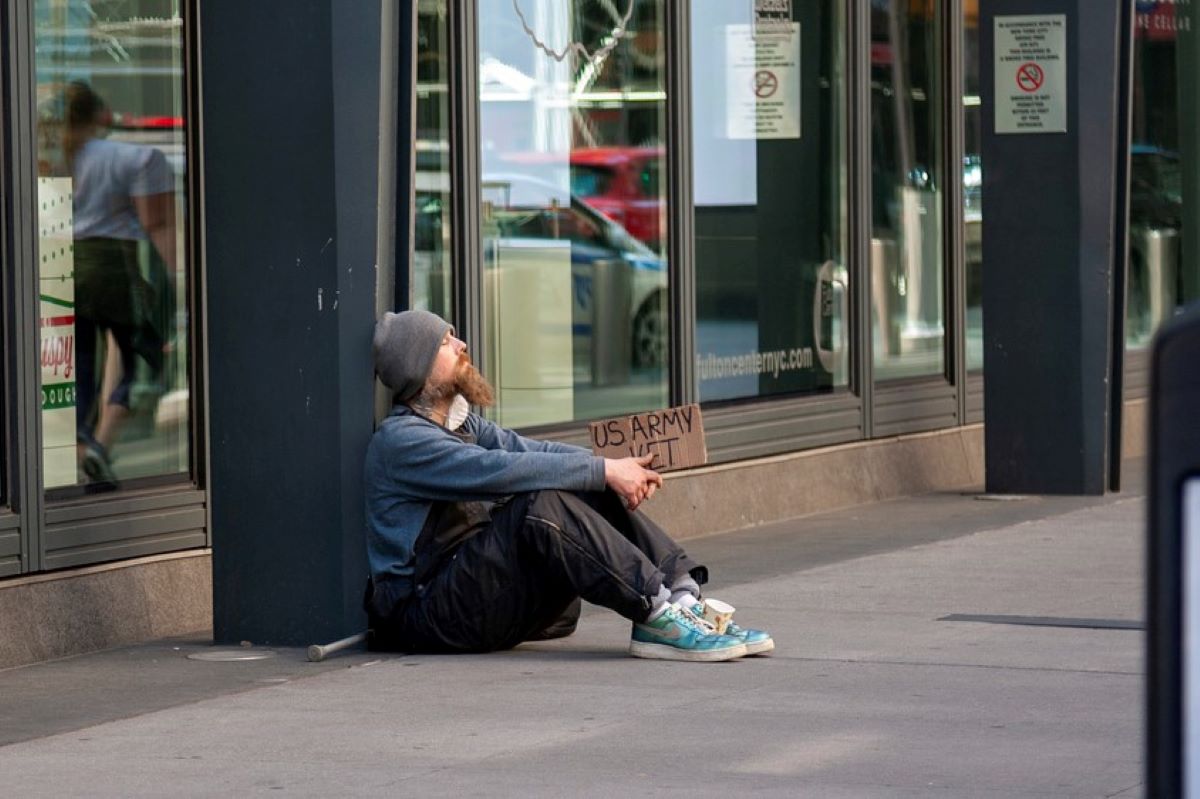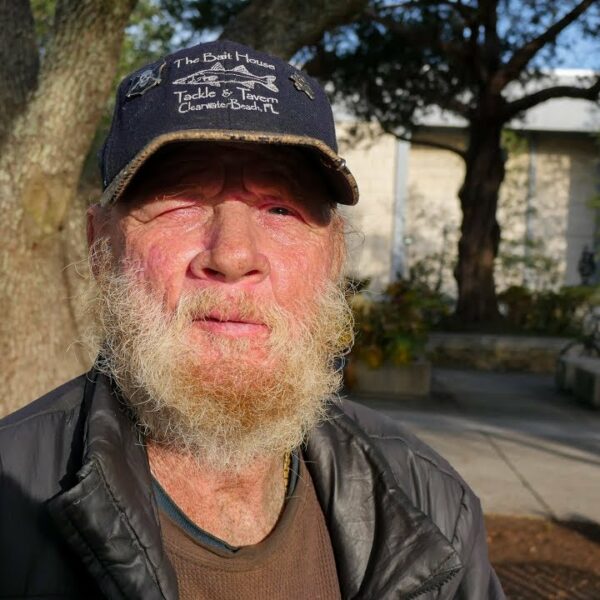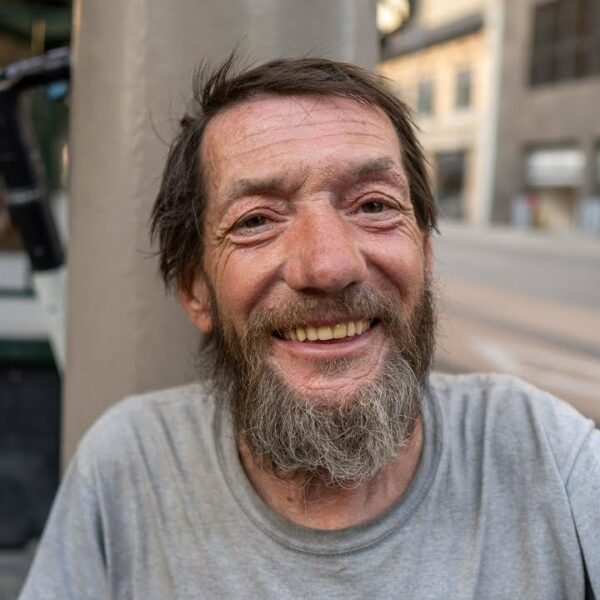Did you know there is more than one type of homelessness? Many people are completely unaware of this fact.
When you envision a homeless person, your mind might gravitate to a mental image of a person standing outside at an intersection with all their worldly possessions in tow. Perhaps they have a tent, a slab of cardboard, or a bag to lay their heads upon. They may or may not ask for change.
This kind of homelessness is known as unsheltered homelessness. It is homelessness in one of its most harrowing and visible forms.
There are other types of homelessness, such as vehicular homelessness, when a houseless person or family resides in a van, camper, or car. Notedly, people engaged in vehicular homelessness are still technically defined as unsheltered.
Sheltered homelessness, on the other hand, can take on many forms. People who live in a homeless shelter, motel, or hotel are still considered homeless even though they are technically sheltered. The same is true for people who are sofa surfing or doubled-up in a crowded, multi-generational living space.
Herein lies the distinction. A sheltered homeless person or family is in a place fit for human habitation. However, it has one or more of the following attributes:
- Temporary
- Overcrowded
- Lacking utilities
- Unstable
- Multiple people sharing the same space
Unsheltered homelessness means a person or family is in a place that is not at all fit for human habitation. This place might also fit some of the attributes described above, such as being unstable or overcrowded, but, in addition, the living space itself is hazardous.
What Is Sleeping Rough?
Unsheltered homelessness is sometimes alternatively referred to as sleeping rough. Unsheltered people are sleeping in a rough place. The location itself poses a potential danger, hence the name.
Unsheltered homeless people might reside in one or more of the following places:
- The street
- A park
- An abandoned building
- A sewer
One out of Three Houseless People Are Sleeping Rough
According to the Urban Institute, the number of homeless people who are unsheltered or sleeping rough stands firmly at one in three, about 33%, to be precise.
When you draw that mental imagery of a man on a park bench at three in the morning, you only envision a third of the homeless population. Unless, of course, you imagine a military veteran. In this case, the rate of unsheltered homelessness is far higher.
Almost Half of Homeless Military Veterans are Sleeping Rough
The US Department of Veteran Affairs reports that 41% of homeless veterans were unsheltered or sleeping rough in 2022. That is nearly half of all homeless veterans.
The Urban Institute lists veterans and unaccompanied youths as the subgroups most susceptible to this state of living, arguably the roughest type of homelessness, as the name suggests. Even when compared to sheltered members of the houseless population, rough sleepers were found to be at a statistically higher risk of:
- Being arrested
- Being subject to altercations with law enforcement and people in positions of power
- Battling physical, mental, and behavioral health challenges
- Facing serious obstacles toward gaining employment
- Enduring chronic or even lifelong bouts of homelessness
They were also statically less likely to have access to:
- Homeless services
- Social services
- Financial assistance
- Reliable transportation
- Homeownership and rental markets
In the specific case of veterans, those enduring unsheltered homelessness were found less likely to have health insurance, disability insurance, or financial compensation from military-based entitlement programs.
The Need for More Data on This and Other Subjects Related to Veteran Homelessness
One of the most unrecognized needs in the homeless sector is the need for more accurate and nuanced data on the subject. This is particularly true of vulnerable subgroups within this population, such as homeless veterans.
A recent survey revealed that data-gathering methods for homeless veterans are seriously lacking. Perhaps for this reason, there is very little information explaining why houseless veterans are more likely to be unsheltered than other community members, such as homeless families and people without a military background.
According to the National Coalition for Homeless Veterans, former soldiers turned rough sleepers were most likely to exhibit one or more of the following attributes:
- Male
- White
- Middle-aged (between 40 and 60 years old)
- Reside in the western region of the US
- Not have any service-connected disability rating
Based on the above-listed criteria, some experts believe unsheltered homeless veterans need more intensive housing intervention.
All Unhoused Veterans Need Homes. Remind Your Legislators that the Laws Should Serve Those Who Served.
Be they sheltered or unsheltered, the fact remains that all unhoused veterans need homes. The most recent move to permanently house over 40,000 homeless veterans, many of whom were sleeping rough before being handed their keys, has proven a huge success.
Tell your legislators that you support a Housing First Initiative to address veteran homelessness and all homelessness nationwide.
Important to note: Veterans are more likely to endure unsheltered homelessness, and people living unsheltered are more likely to be arrested under quality-of-life ordinances. This means that the people who served this country in the military are now statistically more likely to wind up behind bars than other groups.
Shouldn’t the laws legislators draft serve those who served the country?













